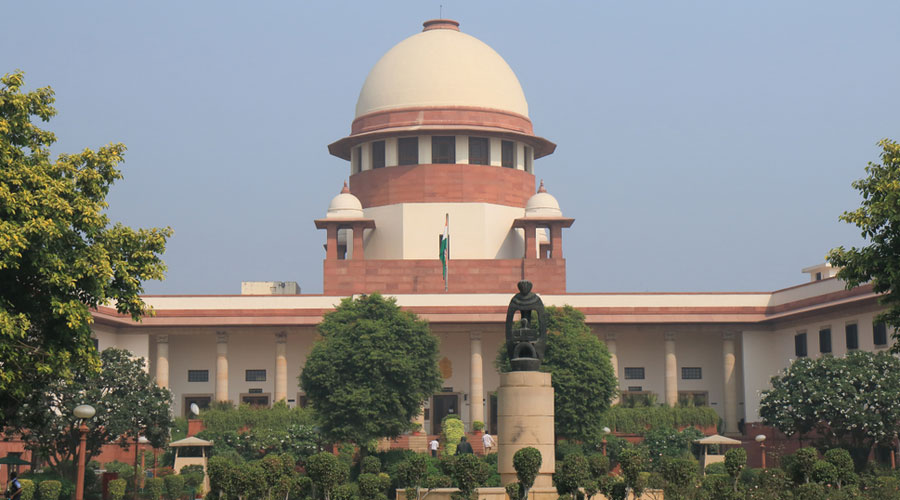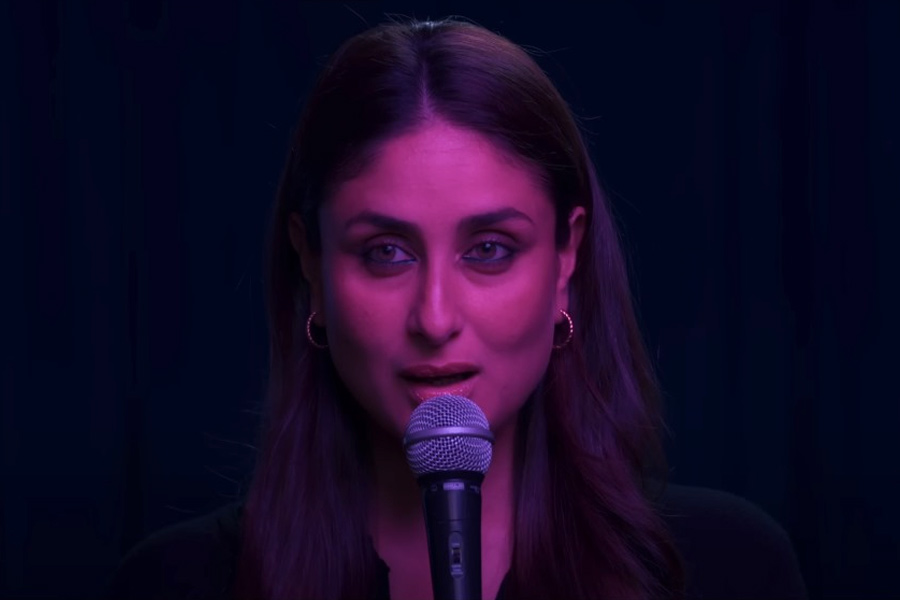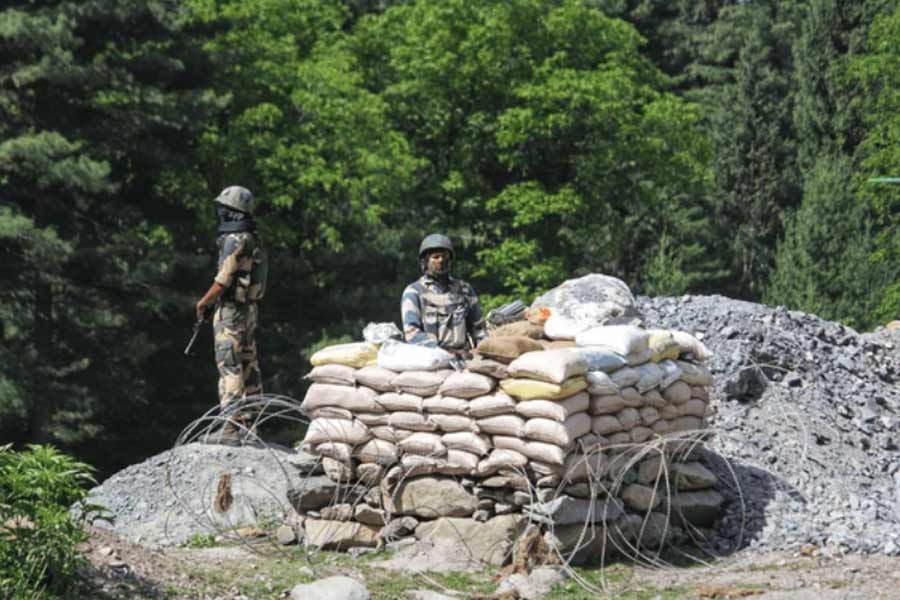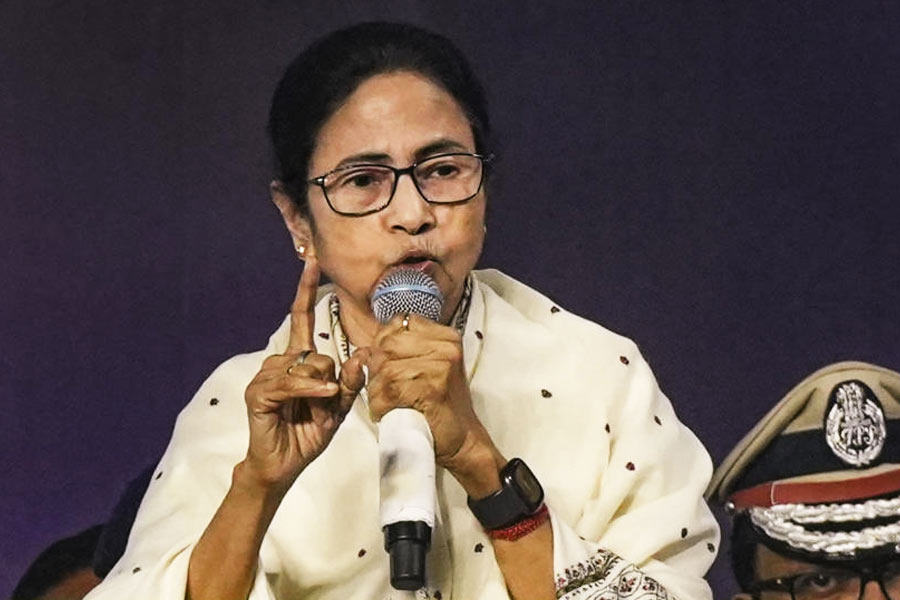The Supreme Court will take up on March 24 a plea by an NGO to stay the issue of electoral bonds from April 1 ahead of the Assembly elections in Bengal, Tamil Nadu, Kerala, Assam and Puducherry.
A bench of Chief Justice of India S.A. Bobde and Justices A.S. Bopanna and V. Ramasubramanian listed the matter for next Wednesday after advocate Prashant Bhushan appearing for the Association for Democratic Rights, the NGO, insisted on an urgent hearing.
“New bonds are set to be issued from April 1 for the coming elections. We need our case to be heard urgently. The Election Commission had already said that these bonds allow illegal funds to be diverted to shell companies,” Bhushan told the bench on Wednesday.
He mentioned the EC had said these bonds were detrimental to the Indian democracy.
In its application, the NGO had urged the apex court to direct the Centre and the Reserve Bank of India “not to open any further window for sale of electoral bonds under the Electoral Bond Scheme, 2018” as it apprehended that it would otherwise lead to an increase in illegal political funds during the upcoming elections.
According to the organisation, the ruling party has received more than 60 per cent of the total electoral bonds issued till date.
The NGO claimed that so far more than Rs 6,500-crore worth of electoral bonds had been sold with the majority of donations going to the ruling party. It said almost 99 per cent of the bonds purchased were of Rs 1 crore and Rs 10 lakh denominations, which showed that it was not individual citizens but large corporations that were buying them with a view to receive kickbacks from the government.
“There is a serious apprehension that any further sale of electoral bonds before the upcoming state elections in Bengal, Tamil Nadu, Kerala and Assam, would further increase illegal and illicit funding of political parties through shell companies. Thus, the petitioner seeks that no further opening of window for the sale of electoral bonds be allowed during the pendency of the instant writ petition,” the application, jointly filed through advocates Bhushan and Neha Rathi, stated.
The NGO had earlier on September 4, 2017, filed a PIL citing alleged corruption and subversion of democracy through illicit and foreign funding of political parties and lack of transparency in the accounts of all parties.
In that plea, it had urged the apex court to strike down certain amendments made through Finance Act, 2017, and Finance Act, 2016, both passed as money bills, and which according to the NGO had “opened doors to unlimited political donations, even from foreign companies and thereby legitimising electoral corruption at a huge scale, while at the same time ensuring complete non-transparency in political funding”.
According to the NGO, the Electoral Bond Scheme has opened the floodgates to unlimited corporate donations to political parties and anonymous financing by Indian as well as foreign companies, which could have serious repercussions on the Indian democracy.










